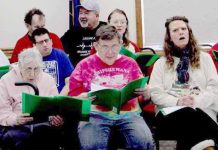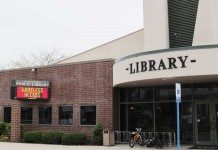These are heady times for old biology teachers. Every day, news reports inform us of discoveries and studies either confirming or casting doubt on that which we already know. Arguments and disagreements abound. Acceptance of new ideas and theories is often met with great skepticism, some of which is healthy. Some is not. One thing…


